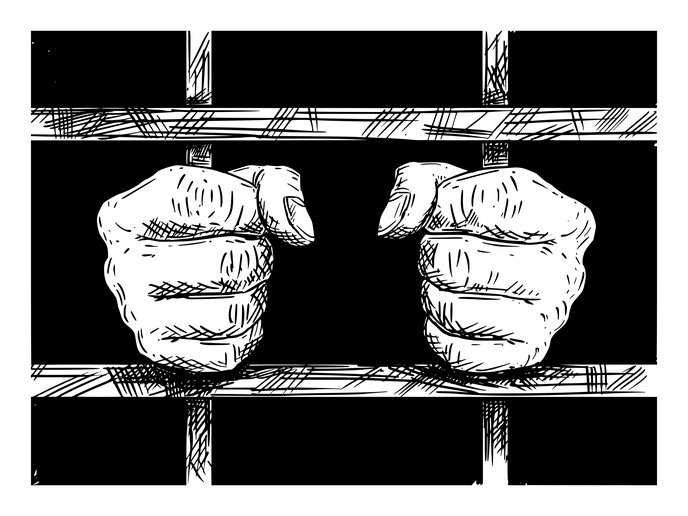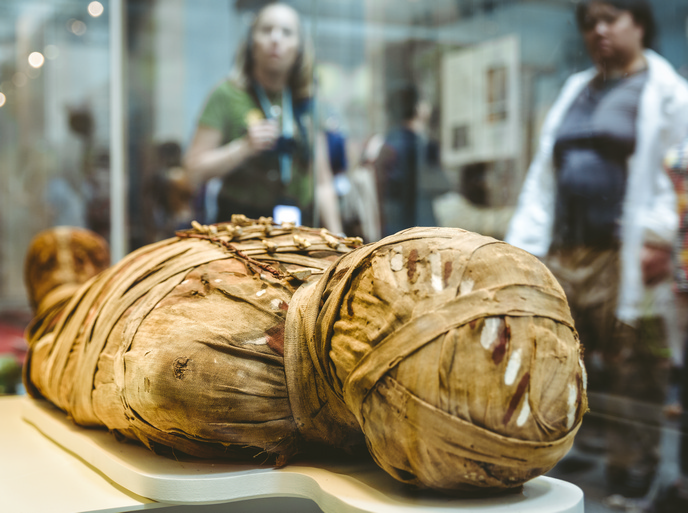A new approach to studying political imprisonment
During the Italian Risorgimento(opens in new window), a great number of Italian political activists and intellectuals spent part of their lives in prison fighting to promote the recognition of political and civil rights or national independence. Based on this experience, they created an identity founded on concepts of martyrdom and sacrifice. Thanks to media and political strategies, the treatment of political convicts became an international and diplomatic concern: political detainees fighting for freedom or emancipation became heroes ready to sacrifice their lives for the nation or for political liberalism and solicited a transnational commitment of their behalf. “For example, Silvio Pellico’s(opens in new window) My Prisons, published in 1832, is the most famous prisoner’s memoir becoming internationally relevant,” outlines Elena Bacchin, coordinator of the EU-funded PoliticalPrisoners project. With the support of the Marie Skłodowska-Curie Actions(opens in new window) programme, the PoliticalPrisoners project set out to examine the international role and representations of Italian political prisoners during the 19th century. For instance, in December 1858, an amnesty commuted the sentences of 91 Neapolitan political detainees into deportation to the United States. Some 61 detainees left for New York but after their ship was rerouted, they ended up disembarking in Ireland. “Their arrival on British territory caused a huge amount of excitement. They were described as ‘martyrs of liberty’, heroes of freedom and of the fight against tyranny. In just a few months more than GBP 10 000 had been collected with much coming from small donations from all over the United Kingdom,” explains Bacchin.
Transnational and patriotic actors
Through intensive archival research, PoliticalPrisoners achieved its goal by providing a compelling argument for the role of political prisoners as transnational and patriotic actors of the 19th century, stressing the European commitment towards political detainees and people persecuted for political opinions. The project analysed the transnational and humanitarian impact of practices of political imprisonment of Italian patriots, as well as their connection with international debates on punishment, nationalism and humanitarianism circulating during the Restoration (1815-1861). “More specifically, the research examined the currently understudied question of political prisoners in 19th century Italy, questioning the notion that political detainees became an international concern only in the 20th century and analysed the transnational role of political prisoners as actors of the Italian Risorgimento,” adds Bacchin.
Studying political imprisonment through new lens
PoliticalPrisoners goes beyond the state of the art, presenting a new approach to studying political imprisonment, emphasising its transnational and humanitarian dimension, and highlighting how political prisoners were an international concern already in the 19th century. “Moreover, the research sheds light on the historical development of the issue of political imprisonment, on international solidarity. Thus PoliticalPrisoners is timely for its wider societal implications: it plays a critical role in understanding and implementing the lessons of history in relation to contemporary issues, promoting public awareness on political repression and persecution and international solidarity and intervention in favour of refugees in today’s world,” emphasises Bacchin. “The research also helps to understand the European historical sensitivity and a commitment towards political detainees and people persecuted for political opinions and the evolution of international protection and humanitarian discourses,” concludes Bacchin. The main results of the investigation will be published in single authored articles in leading academic journals, and in a forthcoming book.







